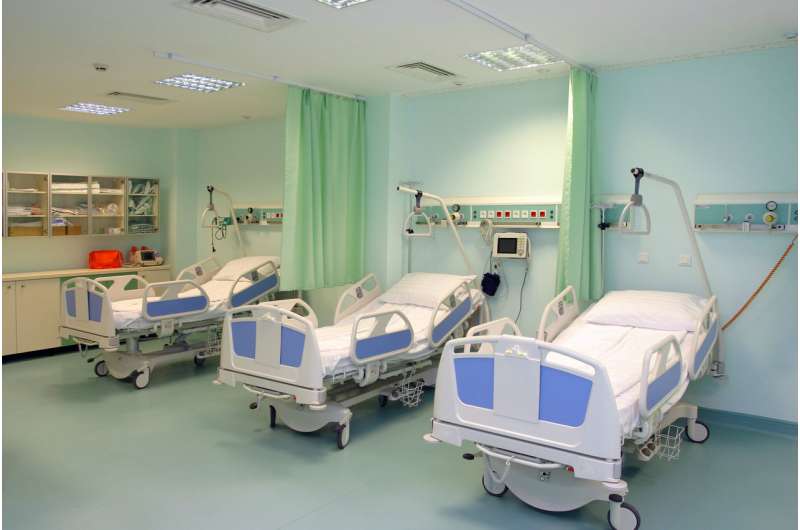Why hospital staff sympathize with patients who self-discharge

Patients who discharge themselves from hospital should be viewed more positively say researchers, who discovered sympathy for their decision among hospital staff.
One doctor said: "...if patients are ill, where they want to be is at home where they feel most comfortable."
Approximately 2% to 3% of patients discharge themselves from hospital against medical advice each year in the UK and US, with the numbers increasing each year.
Figures on self discharge are hard to come by, but best estimates suggest that self-discharge financially affects already strained health care systems with patients who self discharge costing over 50% more.
Many people who self discharge return to hospital, with readmissions costing £300 million in the UK and $2.6 billion in the US.
But Dr Laura Machin and Dr Dawn Goodwin of Lancaster University, with Dr David Warriner from Sheffield Teaching Hospitals NHS Foundation Trust argue that viewing self-discharge negatively is "out of step with contemporary values of patient-centered health care".
They argue that the terms used to describe this - "discharge against medical advice, an unauthorized discharge" - reinforces the view that patients have acted inappropriately.
In the UK, patients have the legal right to determine whether they wish to stay in hospital or not, providing they are above 16 and not detained under the Mental Health Act.
Many health staff expressed sympathy for their decision, with one doctor saying "they're scared of what will go on in hospital . . . It's okay to be scared."
A nurse said: "We are waking them up in the middle of the night to check their observations, we've got patients coming and going and monitors going off, you get why somebody would much rather be at home in their own bed using their own facilities."
Some patients stressed it was not poor care but distress at living on a hospital ward which prompted their decision.
"I don't like being in hospital. I didn't like being in the ward environment even though it was actually very good. The staff were very good . . . So as long as I felt safe I just preferred to leave really."
Some even saw their departure as reducing the workload of hospital staff
"I thought if I come out there will be one less bed to look after."
Health care staff saw self discharge as a response to the lack of control patients experienced.
"Sometimes it's lack of empowerment that makes them want to do that in the first place if they don't feel that they've got any control over what's happening to them. "
The researchers say that viewing self discharge in a more positive way enables staff to demonstrate compassion toward patients.
More information: Laura L. Machin et al, An Alternative View of Self-Discharge Against Medical Advice: An Opportunity to Demonstrate Empathy, Empowerment, and Care, Qualitative Health Research (2018). DOI: 10.1177/1049732318754514

















